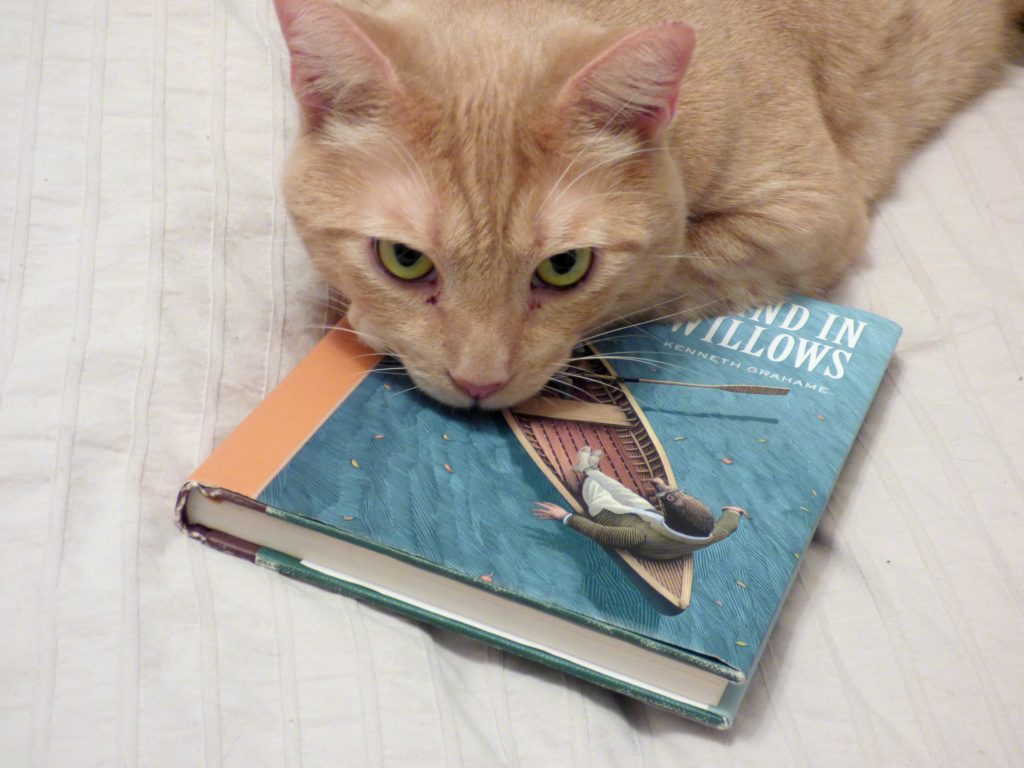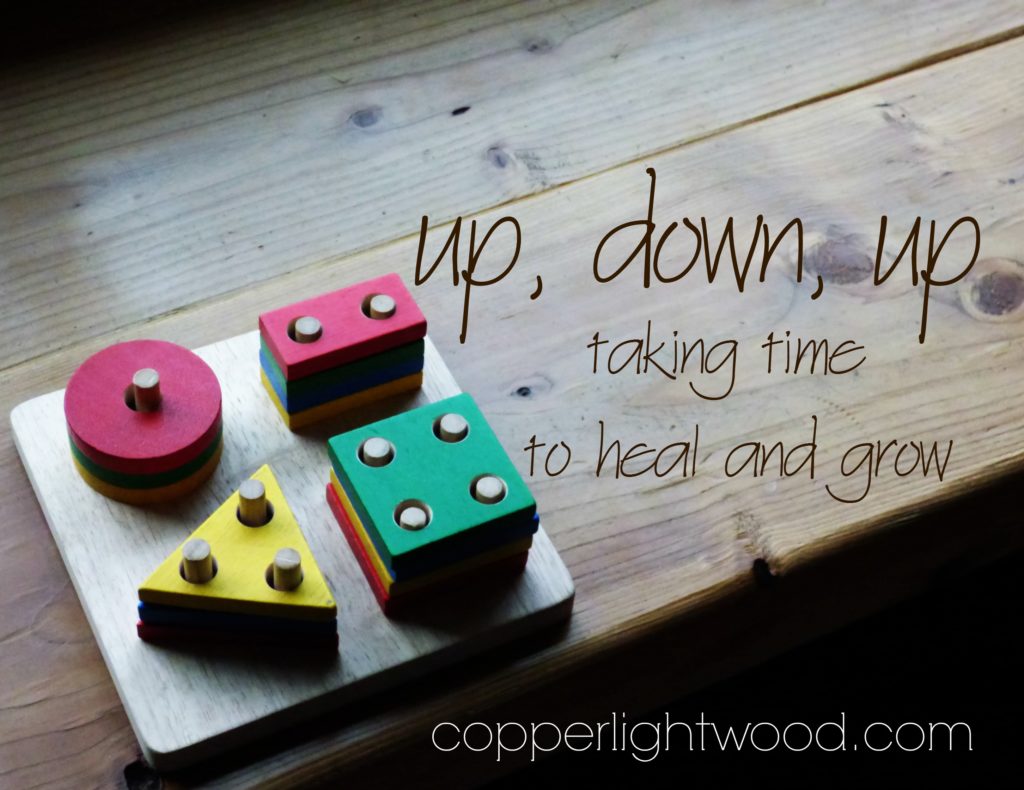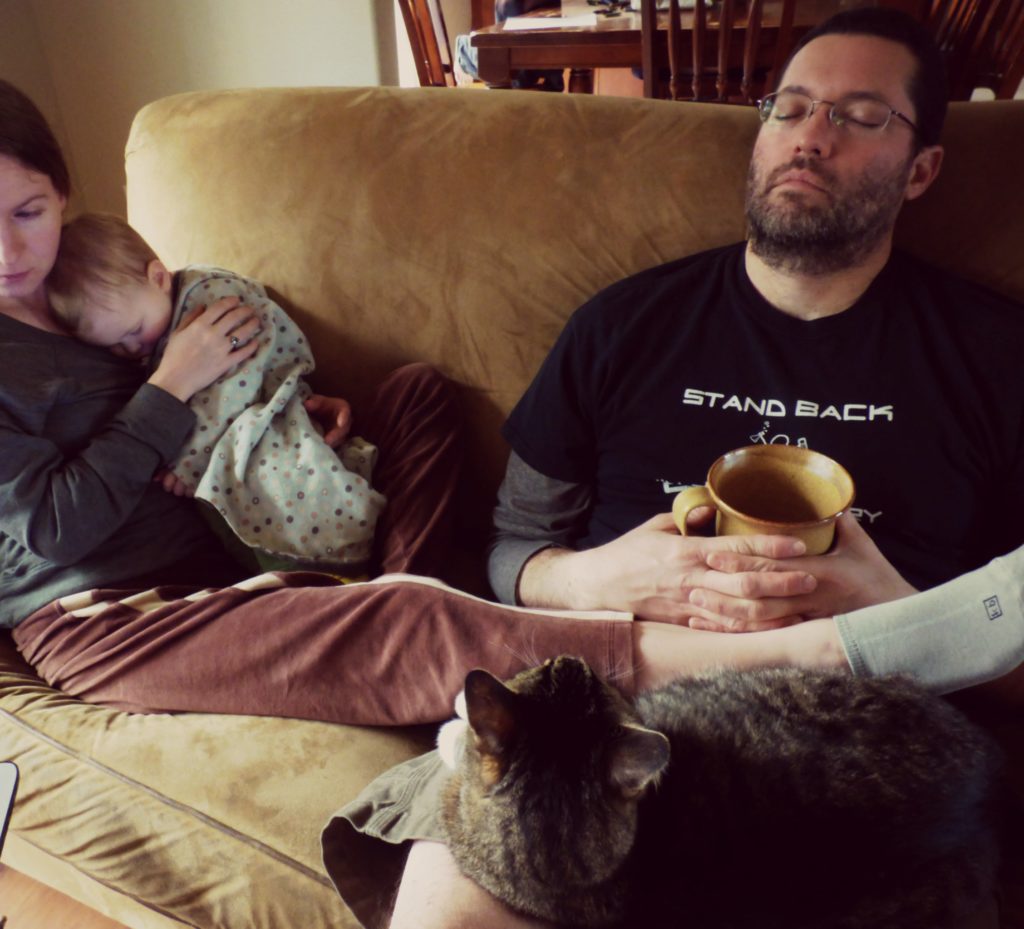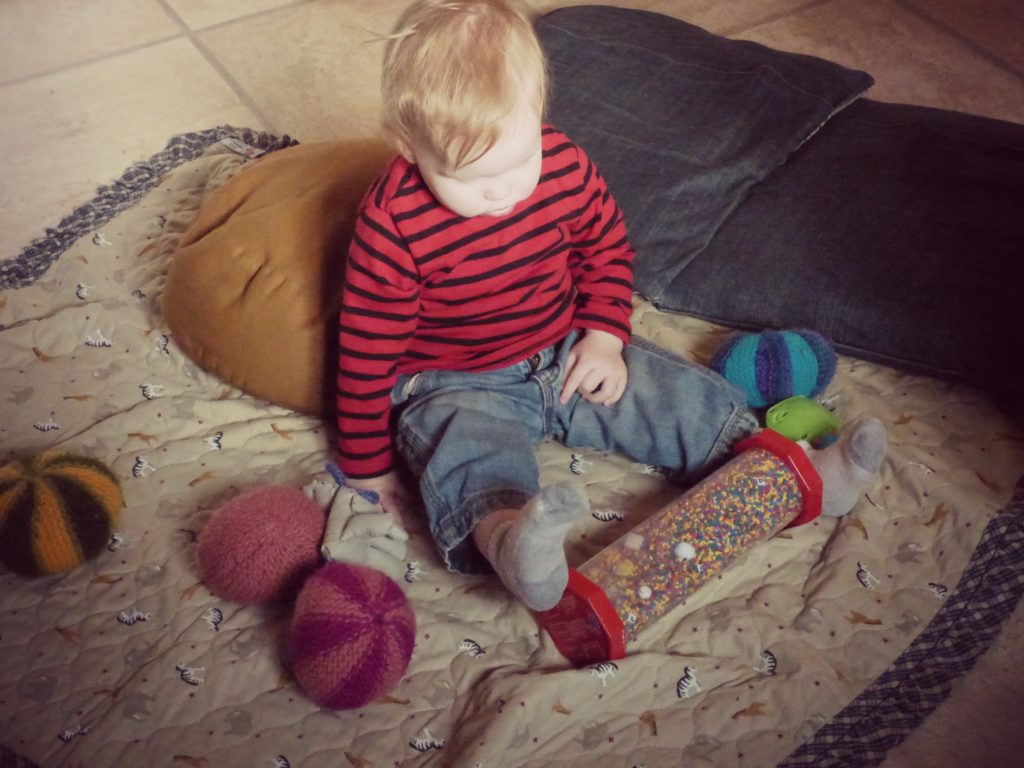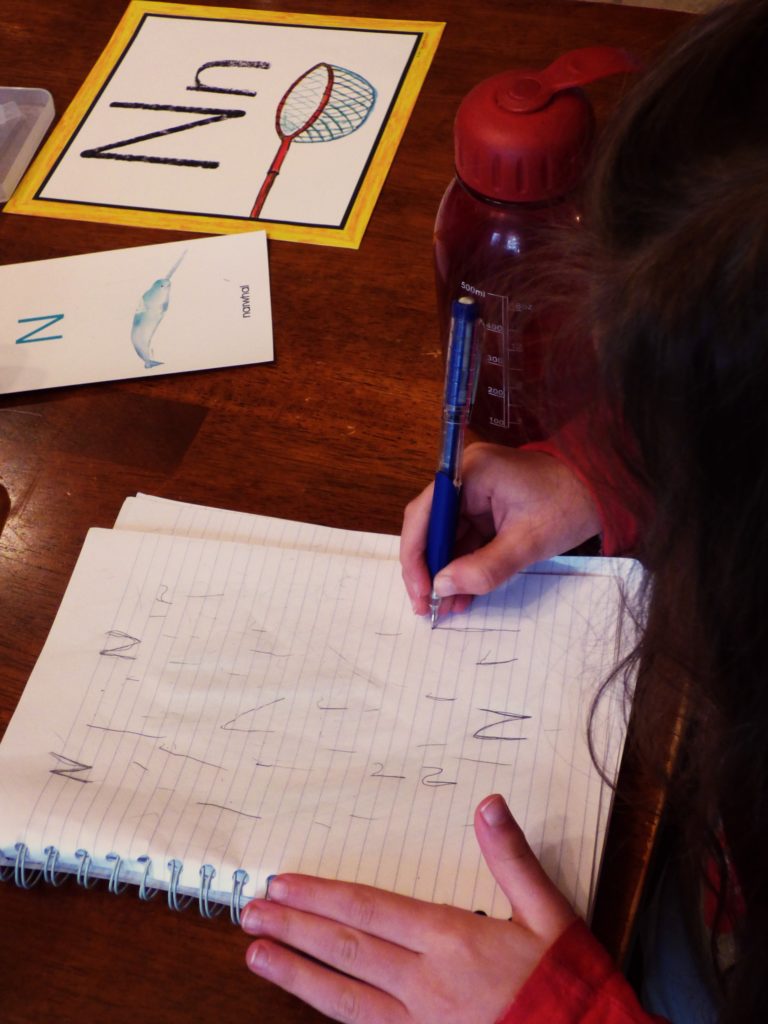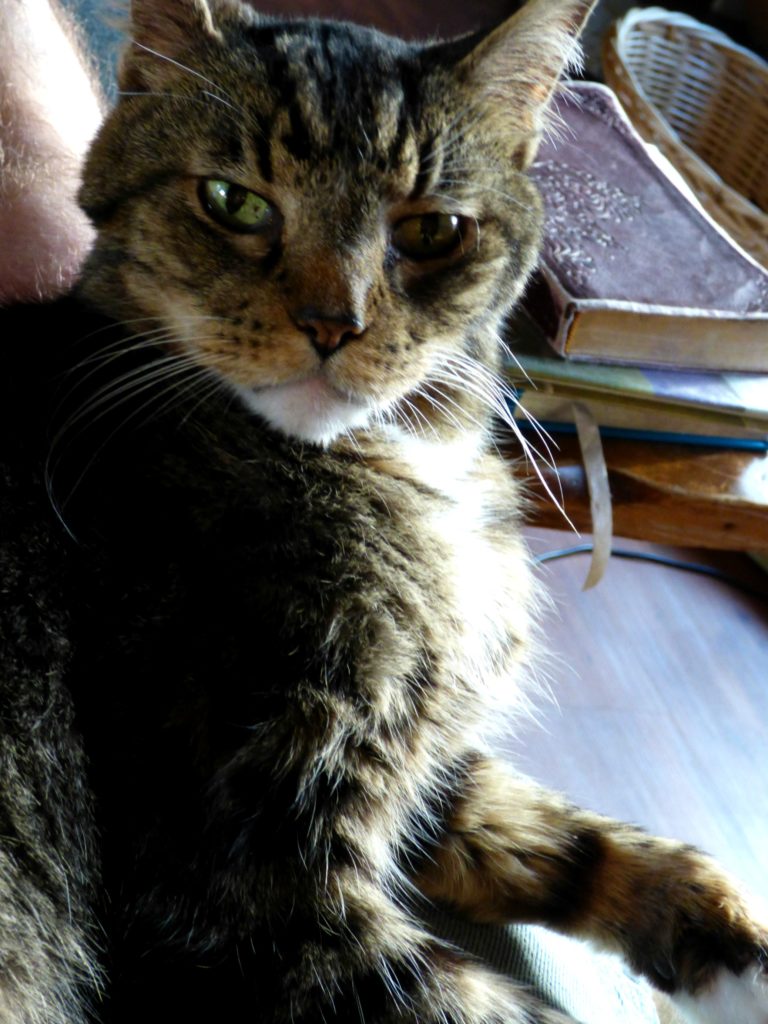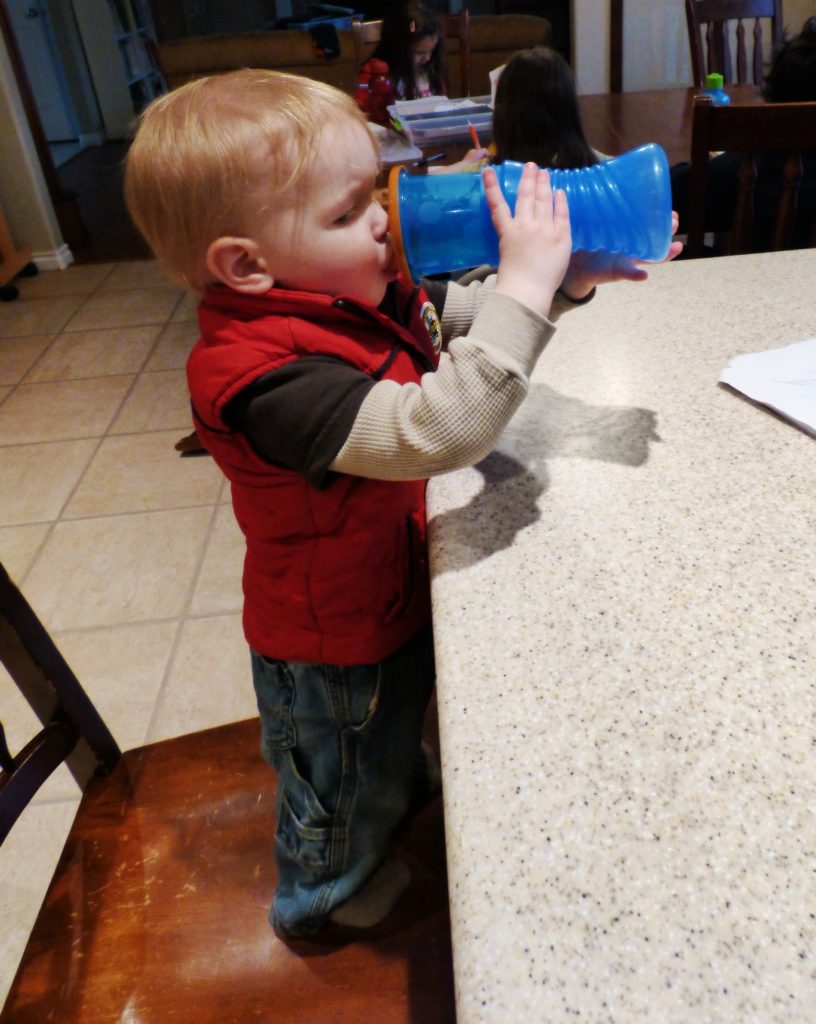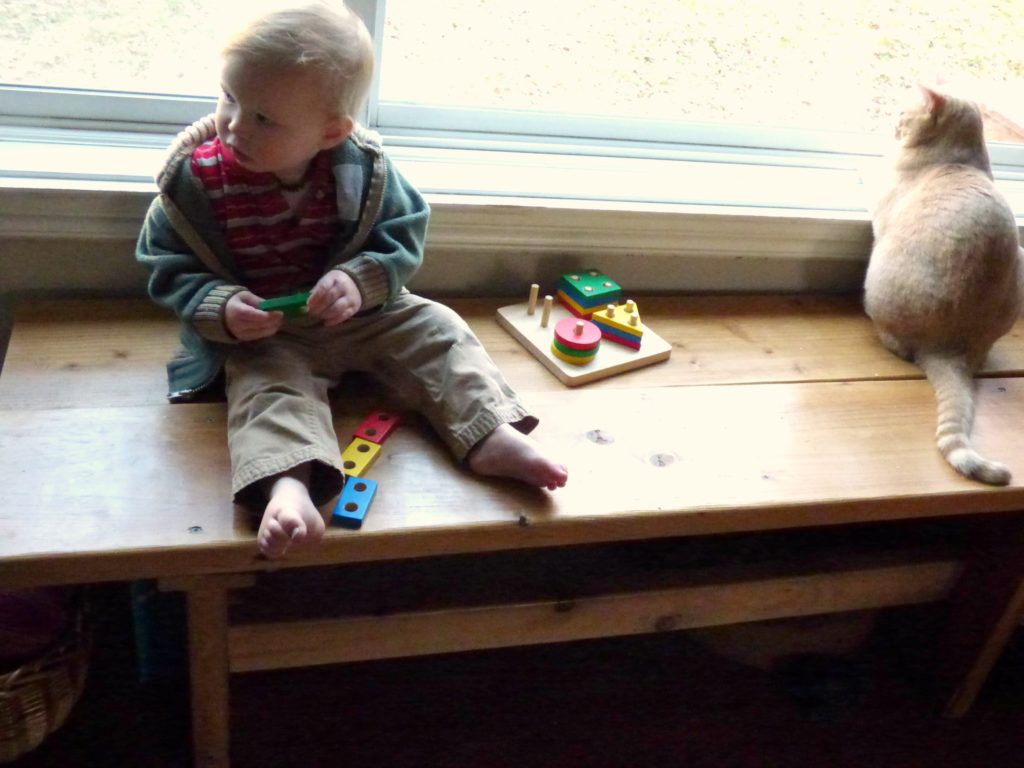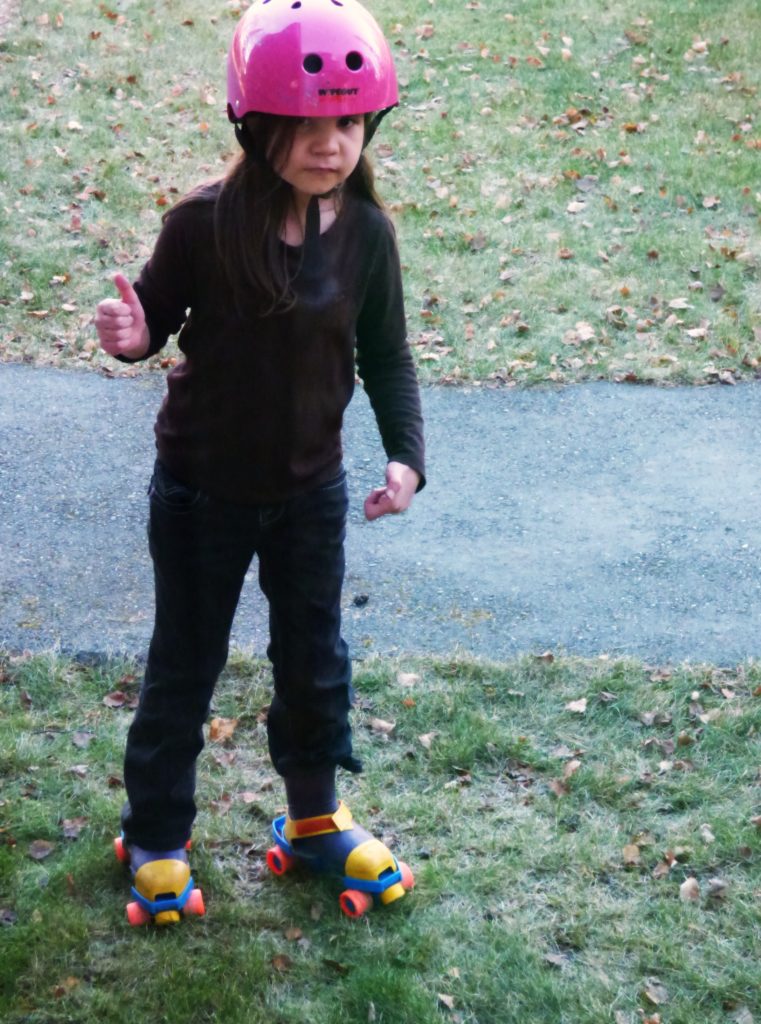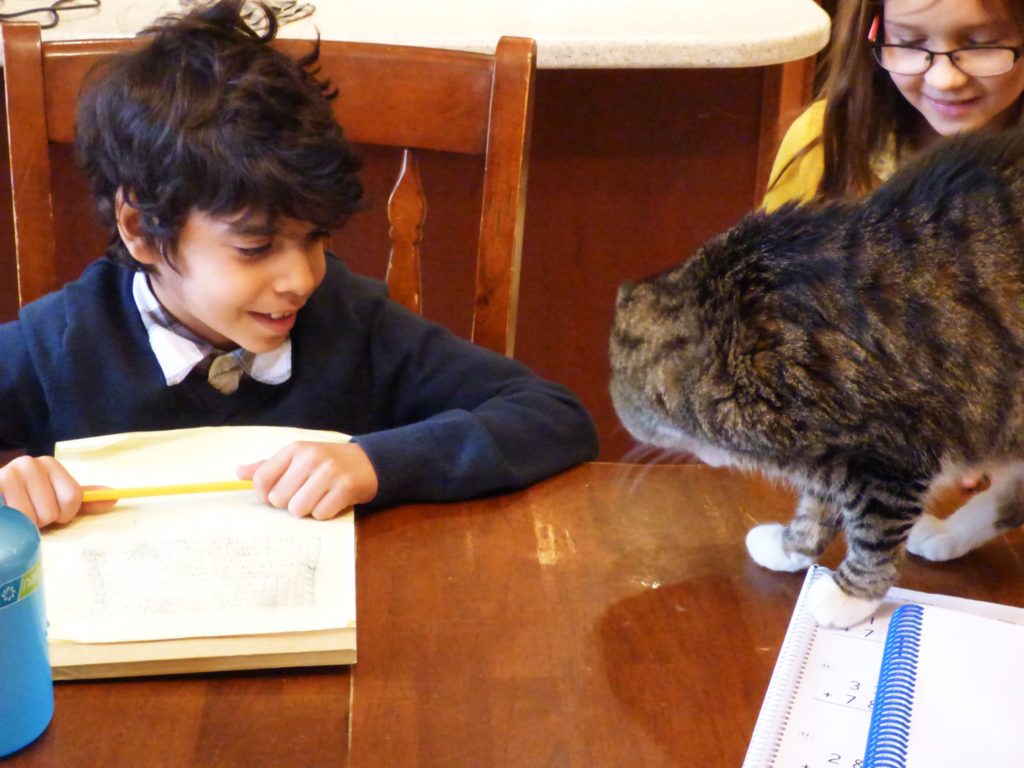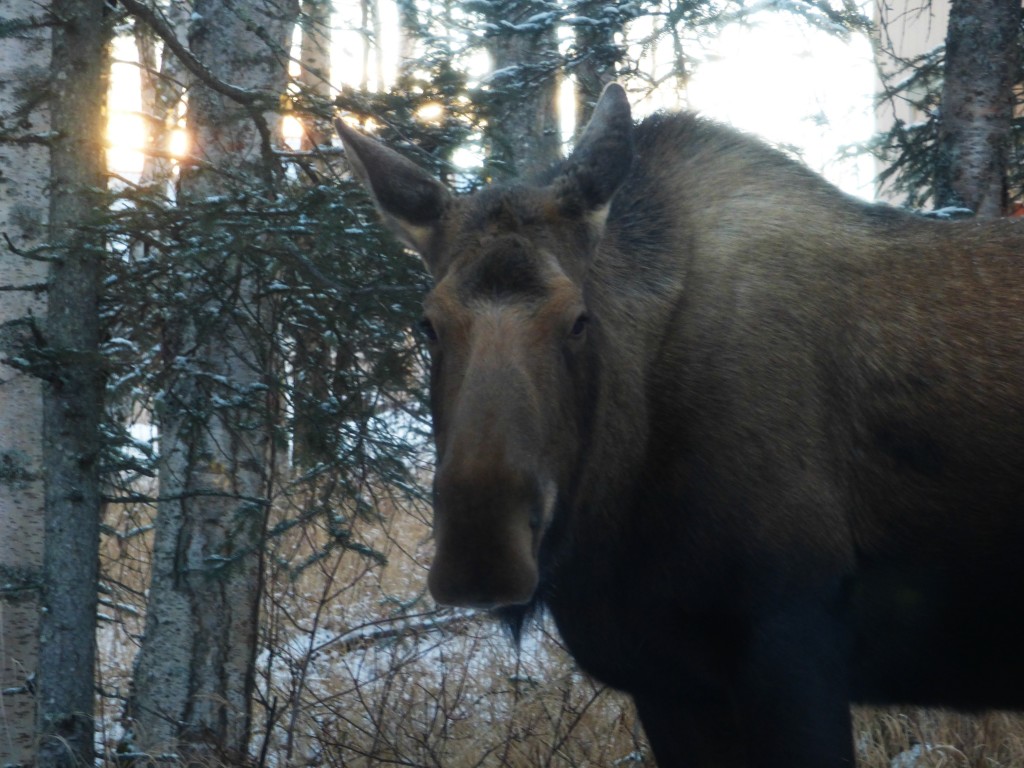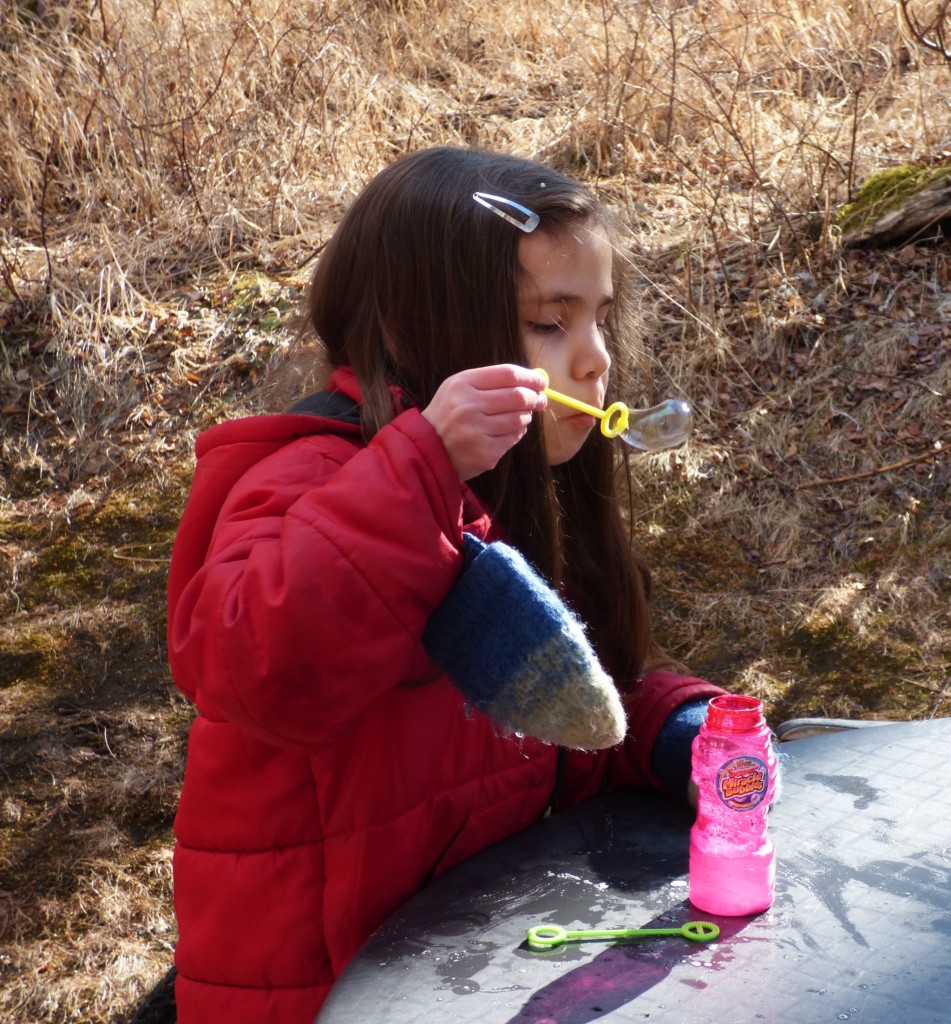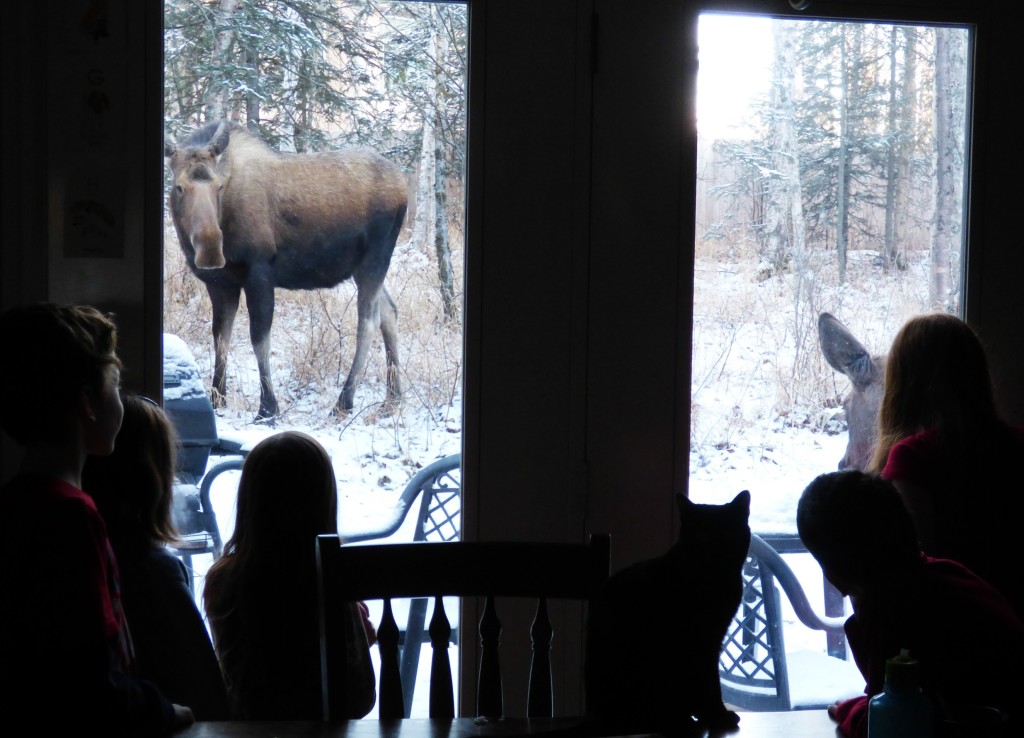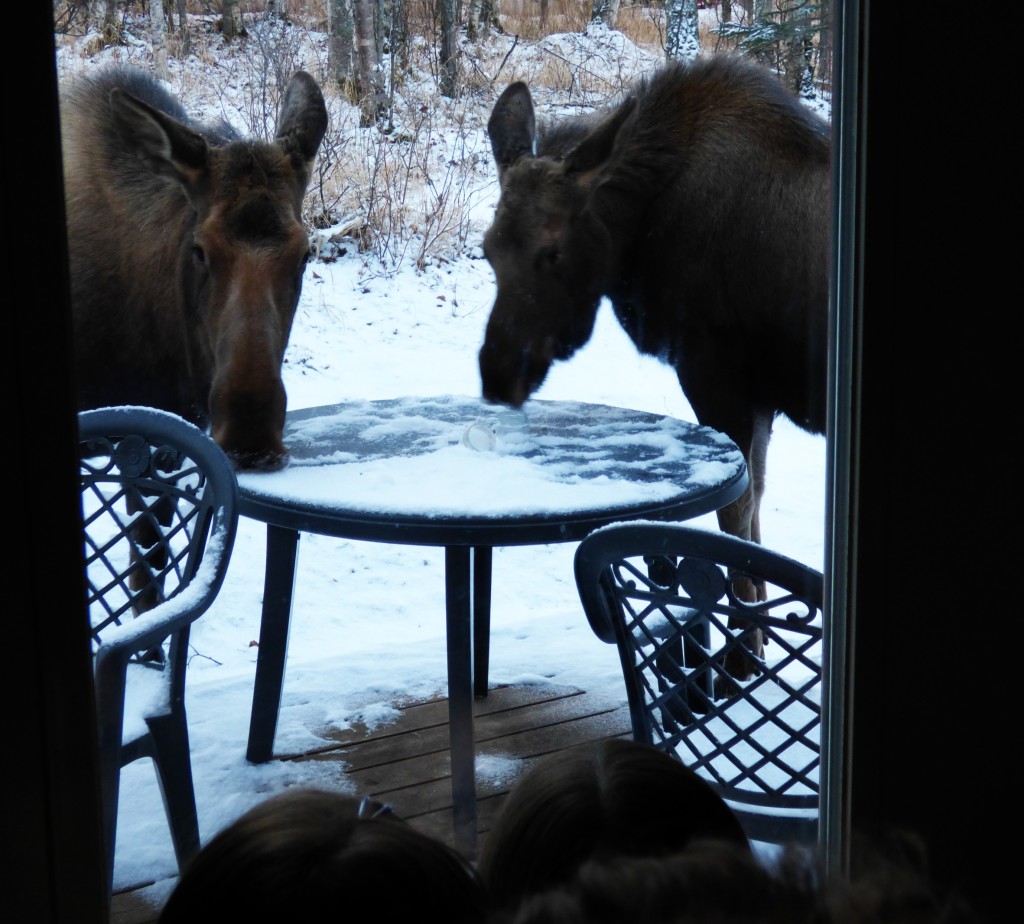I first encountered one of my favorite books in sixth grade. I was pulled out of class for a gifted program, walked down the hall to an unfamiliar, sterile classroom, and listened to a teacher whom I did not know read The Wind in the Willows to us.
I hated it. If this was being “gifted,” I wanted no part of it.

Several years ago it showed up in Mattie’s curriculum. I approached it with doubt and suspicion, unsure about subjecting my kid to the same misery I’d experienced twenty years earlier.
The Mole had been working very hard all the morning, spring cleaning his little home.
We dove in, and within the first pages I was in love. Surely it was the same book from before – but this time it was beautiful and alive and magical, so it must be that I wasn’t the same person reading it. I’d grown deeper and wider. I’ve read it all the way through three times now, not counting that first go-round that almost inoculated me from it entirely. I’m so glad it didn’t.
The kids ate lunch while I stood in the living room and read the first chapter to them. This is the first time Cham, Andrey, and Reagan have heard it and I want their memories of it to be warm and filling, sticking with them.
Spring was moving in the air above and in the earth below and around him, penetrating even his dark and lowly little house with its spirit of divine discontent and longing. It was small wonder, then, that he suddenly flung down his brush on the floor, said “Bother!” and “O blow!” and also “Hang spring cleaning!” and bolted out of the house without even waiting to put on his coat. Something up above was calling him imperiously…
This is Mole, who has lived below in seclusion, discovering the world above for the first time. It’s also me, and probably you. I know what the spirit of divine discontent feels like. I, too, have flung work to the floor while yelling mostly printable expletives.
I came to this passage and stopped to look for a pencil. None were within reach, so I tore the cushion off the couch to check my stash and found five pens, a set of nail clippers, a broken animal cracker and, hallelujah, one mechanical pencil. I started marking sentences.
He thought his happiness was complete when, as he meandered aimlessly along, suddenly he stood by the edge of a full-fed river. Never in his life had he seen a river before – this sleek, sinuous, full-bodied animal, chasing and chuckling, gripping things with a gurgle and leaving them with a laugh, to fling itself on fresh playmates that shook themselves free, and were caught and held again.
The story is fitting for all seasons – summer and winter, and especially those spiritual ones when you long for a river that runs deeper and wider than what you’ve been splashing in, and when you find yourself free of old barriers and able to test new waters that were out of reach not too long ago.
Testing new waters is impossible when you’re drowning in the deep end. We’ve spent a ton of time flailing and splashing there, but I’m thrilled to say that for the first time in four and a half years, it’s not where we are anymore.
Or, more accurately, it’s not that we’re no longer in the deep end, but that we’re no longer drowning in it – we come up for air sometimes, and can finally venture out into other waters a little.
Four and a half years.
By the side of the river he trotted as one trots, when very small, by the side of a man who holds one spellbound by exciting stories; and when tired at last, he sat on the bank, while the river still chattered on to him, a babbling procession of the best stories in the world, sent from the heart of the earth to be told at last to the insatiable sea.
A big part of it is that one of our kids who needed his world (and therefore, our world) to be as small as possible is starting to experience victory like never before. I mentioned here a few months ago that choices are unsparing things. Sometimes we need the spirit of divine discontent to propel change, and over recent weeks his choices have been markedly and consistently different, by the grace of God.
He is experiencing the joy of a river that is deeper and wider. It’s a marvelous miracle. Most days (not all, I won’t lie) are warm and filling, and we hope it sticks.
The Kingdom is always of increase; our deep and wide is an insatiable sea.
This day was only the first of many similar ones for the emancipated Mole, each of them longer and fuller of interest as the ripening summer moved onward. He learnt to swim and to row, and entered into the joy of running water; and with his ear to the reed-stems he caught, at intervals, something of what the wind sent whispering so constantly among them.
– Kenneth Grahame, The Wind in the Willows
Physically it is winter around us, but we are approaching a spiritual summer like a fast-moving train. There is running water, a full-bodied river; we are learning and growing and anticipating fullness that overflows the banks and spills into thirsty places everywhere.
